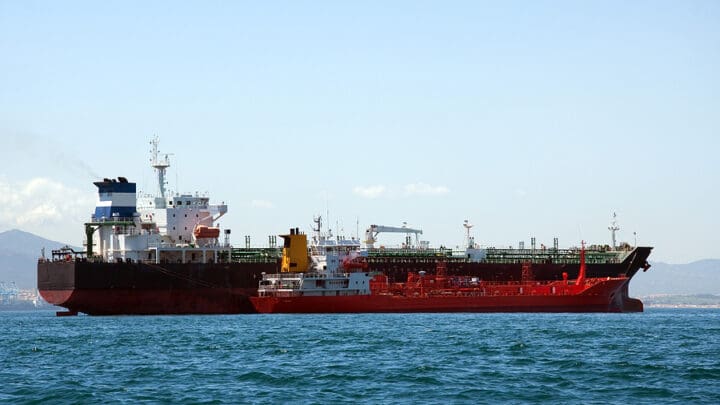
This milestone adds to more than 10 years of work by Enagás, during which it has coordinated projects for the decarbonisation of maritime transport, such as Core LNGas Hive and LNGas Hive 2, and has invested in small scale infrastructure in all its terminals to adapt them to the market.
Furthermore, the company has actively participated in the development of specific procedures and regulations for ship refuelling systems (bunkering).
As a result, bunkering has seen exponential growth in recent years in Spain, increasing its activity ninefold from 2022 to 3.8 TWh supplied in 2024.
Out of this total, 3.1 TWh was loaded onto small vessels (Ship to Ship, STS) and the remaining 0.7 TWh by tankers (Truck to Ship, TTS), which represents a 2.4-fold increase compared to the amounts charged in 2023.
The Huelva and Barcelona terminals have carried out the majority of LNG bunkering supply in Spain in 2024 and have already surpassed – since the start of this type of operations – 300 refuellings to small scale vessels in these two terminals.
The new bioLNG service will help consolidate this growth, reaffirming Enagás’ commitment to sustainability and innovation and contributing to a cleaner and more efficient future, said the company.
